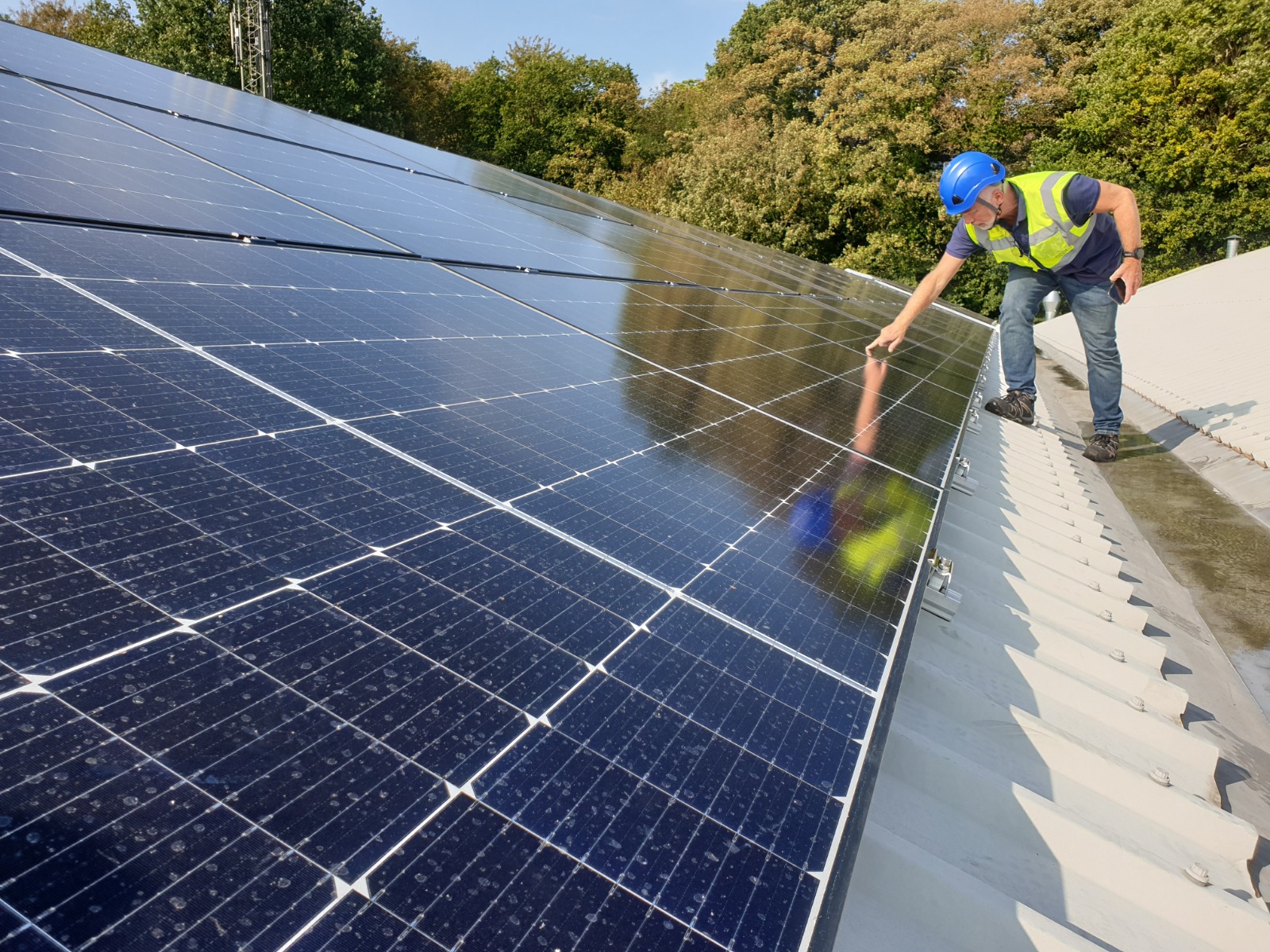Significant Savings on Energy Bills
Perhaps the most compelling argument for solar panels for businesses in the UK is the potential savings on energy bills. A business that installs rooftop solar panels can generate a significant portion of its electricity on-site, drastically reducing its reliance on traditional energy suppliers. Businesses often see substantial reductions in energy costs, depending on the system size and usage patterns. These savings can be reinvested in growth, making solar power a financially sound decision. For companies with high energy demands, producing electricity on-site ensures lower operational costs and greater financial stability.
Having Solar Panels Can Be Much Less Expensive Than You Think
Some UK businesses may be hesitant to adopt solar energy due to the perceived high initial investment. However, this concern can be alleviated by taking advantage of offers from solar companies that provide free installation and charge only for the electricity generated. The cost of this electricity is typically much lower than standard energy rates, making solar a cost-effective alternative that reduces operational expenses over time. Solar panels for a manufacturing business can significantly reduce costs. Additionally, since the solar installer benefits from an efficient system, they are motivated to install reliable, high-performing panels.
Alongside private sector offers, governments globally offer incentives to encourage solar energy adoption. In the UK, the Smart Export Guarantee (SEG) allows businesses to receive payments for any excess electricity they export back to the grid. This makes solar not only an environmentally friendly choice but also a financially rewarding one, offering businesses both cost savings and potential additional revenue.
Achieving Energy Independence
Energy independence is an increasingly attractive goal for UK businesses. By generating electricity on-site, companies reduce their reliance on national energy providers. This independence means businesses are less vulnerable to energy market fluctuations, which can be unpredictable and difficult to forecast. In addition to financial savings, energy independence allows businesses to better control their operational risks.
For companies operating in industries sensitive to power interruptions, solar panels with battery storage can further enhance resilience by providing backup power during outages or periods of high demand. This not only ensures business continuity but also reinforces a company’s commitment to sustainability.
Solar Energy and Sustainability
Beyond financial benefits, solar energy aligns with the growing demand for corporate sustainability. Consumers and investors increasingly value businesses that prioritise environmental responsibility. Installing solar panels signals that your business is committed to reducing its carbon footprint and contributing to the global effort against climate change.
Transitioning to renewable energy sources such as solar is not just about cutting costs; it is also about building a positive corporate reputation. Businesses that lead in sustainability practices often enjoy stronger relationships with clients and partners. The appeal to environmentally conscious consumers cannot be overstated, especially in the UK, where climate issues are at the forefront of public discourse.
Key Considerations for Solar Adoption
Before embarking on a solar project, it’s essential to thoroughly assess your business’s energy consumption, available roof space, and other factors that influence system performance. Begin by evaluating your current and projected energy usage to understand the scale of the solar system you need. Next, consider the roof space—its size, structural integrity, and the orientation toward the sun, as these factors significantly affect the efficiency of solar panels. A professional solar provider will also conduct an energy audit, considering elements like roof shading, tilt angle, and consumption patterns. This audit helps determine the optimal system size and ensures that your solar panels operate at peak efficiency, maximising the financial and environmental benefits. Additionally, it’s important to factor in the potential for future growth in your energy needs when selecting your system size. A well-planned installation can offer decades of savings while adapting to evolving energy demands.
A good solar provider will also assess whether your roof can accommodate the necessary weight and equipment. If the roof requires reinforcement or modification, they will advise on the most cost-effective solutions.
Solar Energy: The Right Choice for UK Businesses
As energy prices rise and environmental concerns mount, UK businesses have an opportunity to reduce costs, secure energy independence, and enhance their sustainability credentials with solar power. The benefits extend far beyond energy savings. Solar power contributes to business continuity, future-proofs operations against energy market volatility, and positions companies as leaders in the sustainability movement.
Keep an eye for more latest news & updates on Latest Dash!

